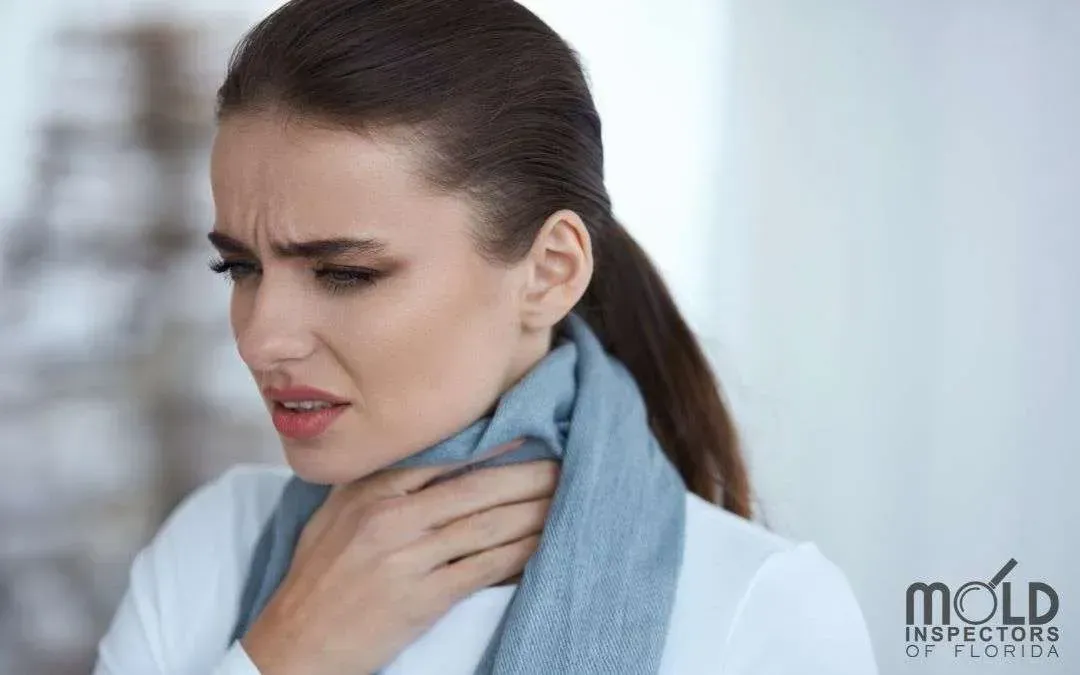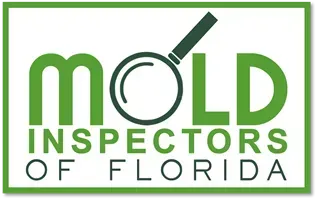Respiratory Concerns with Mold Related Illness

The Unwanted Fungi
Mold is a type of fungi that spreads through spores. Unbeknownst to some, the mold spores can travel via object or air, causing the contaminant to be in hidden places. While most people believe that mold is in the bathroom, you may be surprised to learn that it can also affect the air duct system of your home. Mold breeds where moisture is present. The air duct system filled with air conditioning moisture is a top spot for mold growth in most Southwest Florida homes. When this occurs, the air that you breathe contains contaminants of mold spores that can trigger a respiratory response in those with mold allergies. This health response creates an increased concern of flare-ups for those with chronic respiratory illnesses.
Asthma and Allergies
Each person has an individual tolerance to mold. The allergic reaction that occurs from mold exposure indoors depends on the severity of your allergic response to the fungus. And to treat this reaction depends on the medical diagnosis determining that mold indeed was the cause of the symptoms a person is experiencing.
Asthmatics, those who have Chronic Obstructive Pulmonary Disease (COPD), and others with various respiratory suppressant illnesses can exhibit more frequent and intense flare-ups when exposed to mold. For those individuals that do not suffer from chronic pulmonary illnesses, decipher if the symptoms of respiratory allergies suddenly appeared while being recently exposed to a damp or mold-infested building. If so, the individual should be evaluated by a medical professional for the possible medical diagnosis of mold-induced illness.
Mold spores can trigger symptoms that mimic other health issues, such as shortness of breath, coughing, wheezing, red or itchy eyes, nasal congestion, and more. However, through a process of elimination and examination of medical conditions and environmental changes, a medical professional can help decide of mold is the culprit on symptoms an individual is feeling.
Avoiding damp places is a top prevention tool for those that are hypersensitive to mold due to chronic respiratory conditions. As aforementioned, mold has a higher breeding rate among damp or moist locations. However, if exposure to such areas has not occurred, and symptoms mimic those found in individuals exposed to mold growth, hiring a professional mold inspector is the next step. The inspector may find hidden mold and allergens that were unseen, causing the health concerns in question.
Sick Building Syndrome
Sick Building Syndrome is a condition in which is thought to be linked to mold but cannot be definitively linked. The Environmental Protection Agency has defined SBS as an illness that multiple residents in a building experience. The symptoms are worse within the building and relieve when outside the building limits. However, no primary cause is determined.
A study conducted by the National Center for Biotechnology Information found that the number of individuals suffering from this condition has been on the rise and causing a significant occupational and residential hazard. The report also finds that these sufferers experience relief of symptoms after leaving the building in which they first felt the onset of symptoms.
Residents and workers that inhabit a building and experience symptoms such as headache, fatigue, cold or flu-like symptoms, allergies or asthma symptoms, headaches, and more, maybe suffering from Sick Building Syndrome. However, a physician’s diagnosis is necessary to determine and to decide on the best treatment plan.
While mold cannot be determined to be a cause of Sick Building Syndrome, it is one of the possible contaminants that cause SBS. Air pollutants are one of the main factors that are believed to be primarily responsible for SBS. Outdoor pollutants such as vehicle exhaust, plumbing vents, radon, or dust are large outdoor contaminants that can enter through the air ventilation. While many other biological components, indoor and outdoor, can contribute to poor air quality, become trapped and grow in the ventilation systems, and possibly cause SBS. Mold is a contaminant that fits this description, but with proper inspection can be identified and professionally removed.
Mold Inspectors Of Florida are experienced and technically trained professionals that care about helping you determine if you have a mold issue and what the root cause is. With our detailed inspections and reports, you will have peace of mind with professional knowledge you will gain concerning your home. Call us today to set up an appointment!


